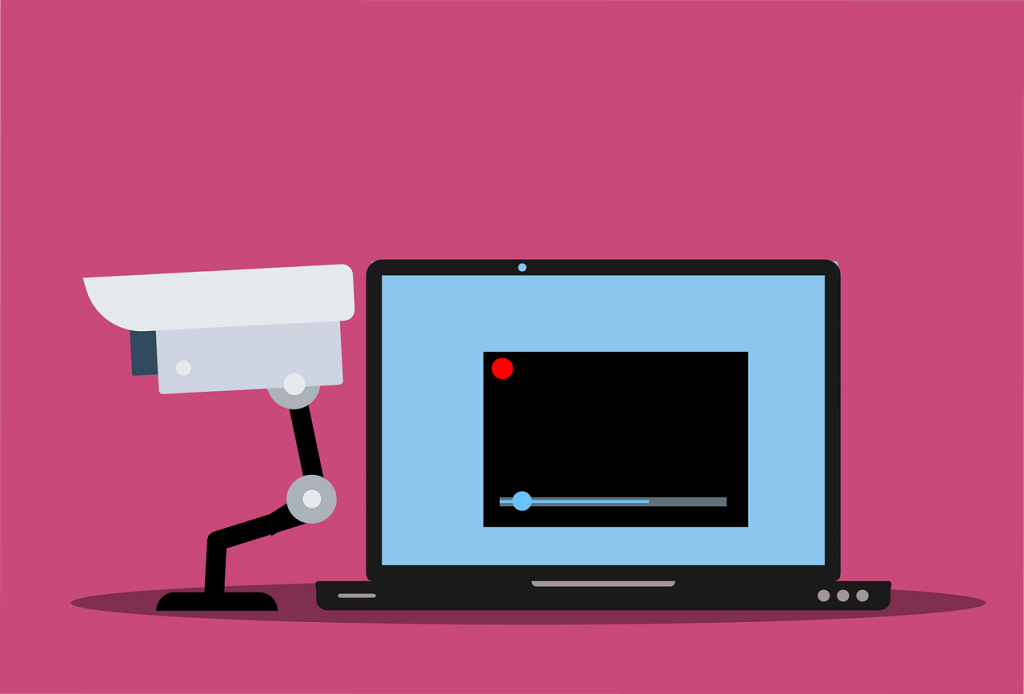
At Amazon’s annual device launch in September 2021, the company unveiled its latest security robot called Astro, described as a “roving Alexa with a camera”, which will scan the faces of people in your home, supported by a security drone circling your house.
It’s no surprise from the tech giant that brought us the Ring doorbell. In the eight years since it was released, Ring has evolved into a global CCTV network with the stated object of providing homeowners with a convenient way to answer the door. It has also provided police with a new way to fight crime.
Privacy campaigners say surveillance technology, and its integration with AI such as facial recognition software, threatens our fundamental human right to privacy in a public place. By 2019, the UK’s Police National Database held images of around 20 million faces, a large number of which were of people who had never been charged or convicted of an offence. When this evidence is used, it’s often wrong (particularly when it comes to identifying women and people from ethnic minorities). When South Wales police tested their facial recognition system for 55 hours, 2,900 potential matches were flagged, of which 2,755 were false positives.
The European Commission has expressed its intent to ban aspects of facial recognition technology in the future. But it’s not just your face. Surveillance technology is expanding to such an extent that it’s now possible to analyse the way you walk, your heartbeat, breathing pattern, and emotions.
The pandemic effect
Covid-19 has propelled the growth of surveillance technology. In France, facial recognition technology has been used on public transport to monitor whether passengers are wearing masks, and Australia has trialled similar software to check people are at home during quarantine. Companies are using AI-powered cameras to see if people are complying with social distance rules, and billions of people around the world have had their movements logged by using various Covid-19 test and trace apps.
There has been some public support for these sorts of measures. Almost two thirds (61%) of Brits say they’ve been happy to share their health status data during the pandemic, and 54% were happy to sacrifice some of their data privacy to shorten the length of lockdown.
But surveillance has slipped into other areas of our lives too. Workplace technology, from monitoring of emails and web browsing, to video tracking and key logging, has become commonplace with the rise of remote working. Almost a third of workers are now being monitored in their jobs, up from 24% earlier in the year. Microsoft has even patented emotion detection software to monitor employee wellbeing after weighing up biometric factors such as voice and heart rate. Unions and MPs are calling for a new set of data rights to protect workers in these situations.
In some instances, regulators are taking action where these practices breach existing GDPR legislation. H&M in Germany, for example, was handed a €35.2 million fine in 2020 for excessive surveillance of employees, and in the UK, Barclays is under investigation for its use of software to track staff computer activity.



